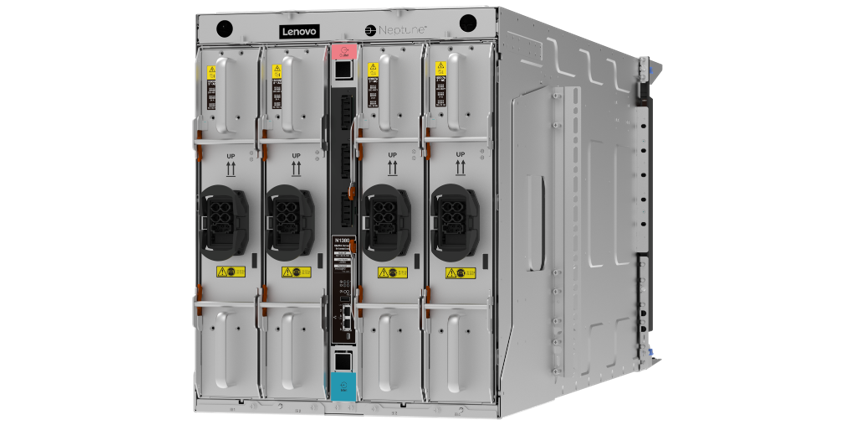
Ashley Barker
Change is afoot at the Exascale Computing Project (ECP) and at the Oak Ridge Leadership Computing Facility (OLCF). Those who listened to Jeff Nichols’ appearance this month on the @HPCpodcast know about the upcoming retirement of Nichols, who is associate director of Oak Ridge National Laboratory with oversight over the National Center for Computational Sciences (NCCS), the site of OLCF.
Earlier today, ECP announced that Osni Marques, staff scientist at Lawrence Berkeley National Laboratory, will lead ECP’s Training & Productivity (T&P) effort, taking over for Ashley Barker, the NCCS Operations Section head.
And now we know where Barker is headed. She will wind down her ECP duties to work on the OLCF’s next, post-exascale supercomputer, taking on a new role in the procurement and deployment of the system. In addition, Barker will continue to run the Operations Section at NCCS, which provides technical support, training, documentation and tools to NCCS users.
As for Nichols, stay tuned to find out who will move into his leadership role.
Considering that the Frontier exascale supercomputer is a $600 million, 30 MW system comprised of 50-60 million parts, Barker is taking on a big job in handling procurement for Frontier’s successor. What comes after exascale has been a topic of speculation for several years, even as AMD-powered/HPE-built Frontier, delivered last fall, is being readied for full end-user operations by Jan. 1, 2023, according to OLCF.
DOE and its national labs have not discussed details about its post-exascale architectures and computing paradigms, but HPE has spoken publicly about post-exascale systems that will support “the Internet of Workflows” (thank you to our friends at HPCwire) — a system designed to simultaneously and adeptly support multiple workload types: traditional HPC simulations, advanced machine learning and data analytics.
In her role at ECP, Barker has been heavily involved in the project’s mission of preparing software to run on exascale-class hardware. She joined ECP early on to help train ECP personnel to write applications and tools for these machines—long before any of the system hardware was selected.
 “For the first 2 years of the project, and while the final details of the exascale systems were still being worked on, we placed a strong emphasis on software productivity training because the major outcome of ECP is software,” Barker said. “Most ECP teams are developing applications, tools, or other software to run on these exascale systems. We recognized early on that anything we could do to improve our teams’ development skills could have a large impact on the success of the project.”
“For the first 2 years of the project, and while the final details of the exascale systems were still being worked on, we placed a strong emphasis on software productivity training because the major outcome of ECP is software,” Barker said. “Most ECP teams are developing applications, tools, or other software to run on these exascale systems. We recognized early on that anything we could do to improve our teams’ development skills could have a large impact on the success of the project.”
Barker also helped form the ECP’s Training Advisory Group (TAG), which meets each month to discuss training plans at each of the facilities and inside ECP, holding events such as hackathons and tutorials.
“We had always talked inside the facilities about wanting to work together on more training events. ECP helped to formalize our process. Because the facilities often use similar codes and tools, we can get more bang with our buck if we work together to deliver training,” Barker said.




